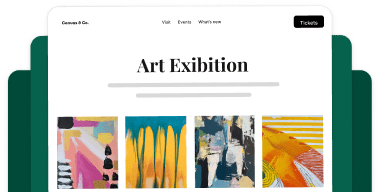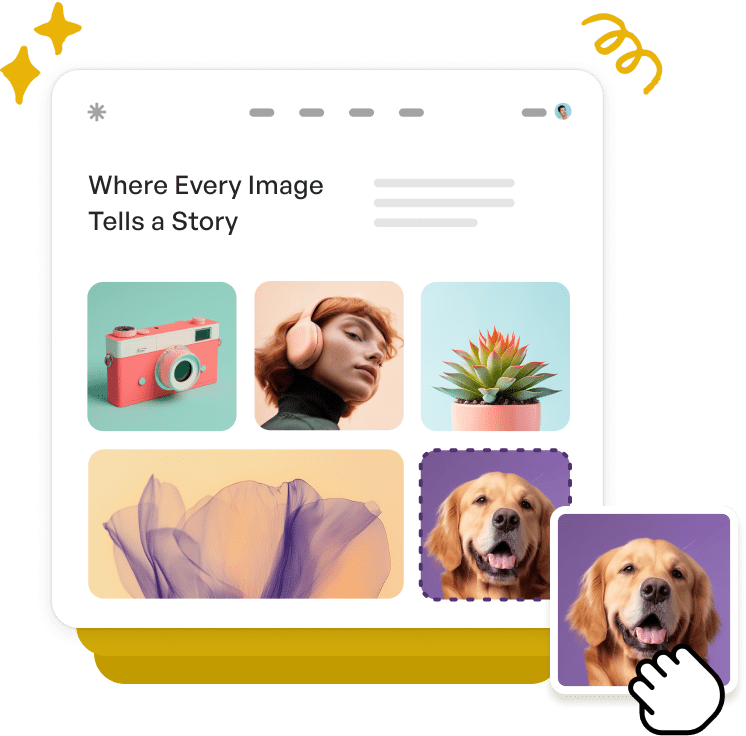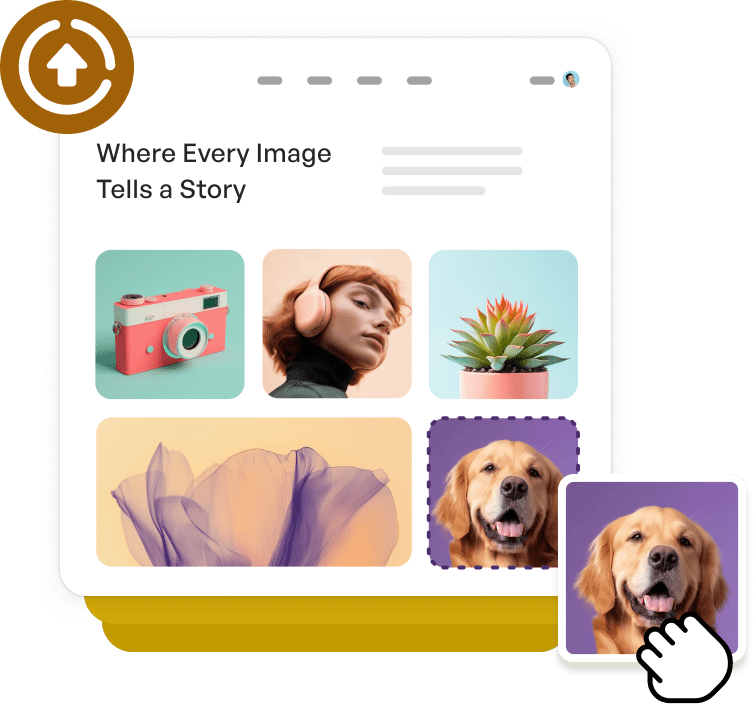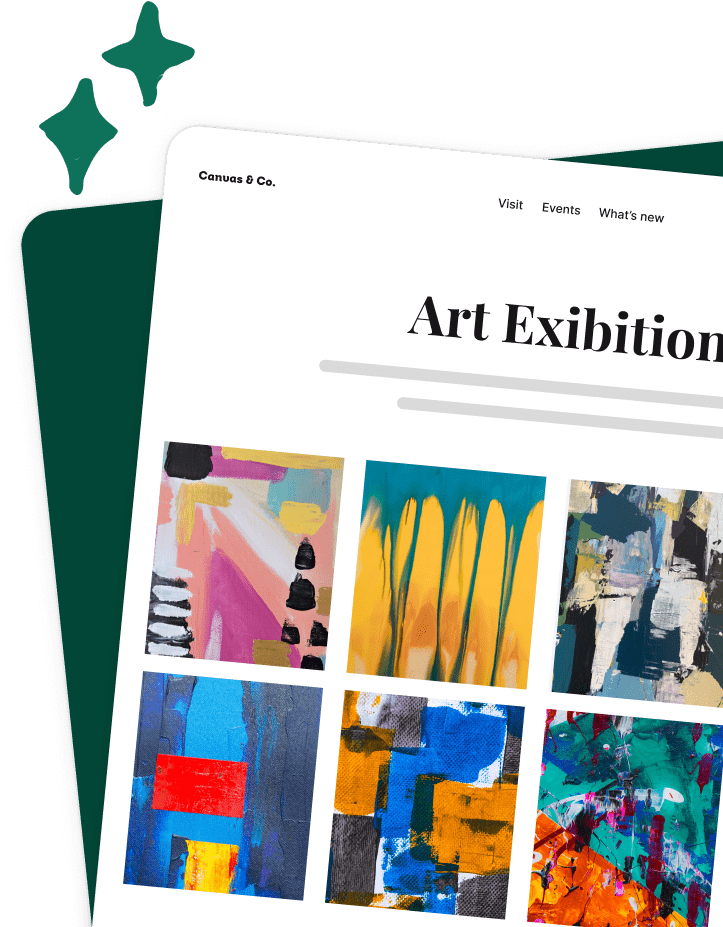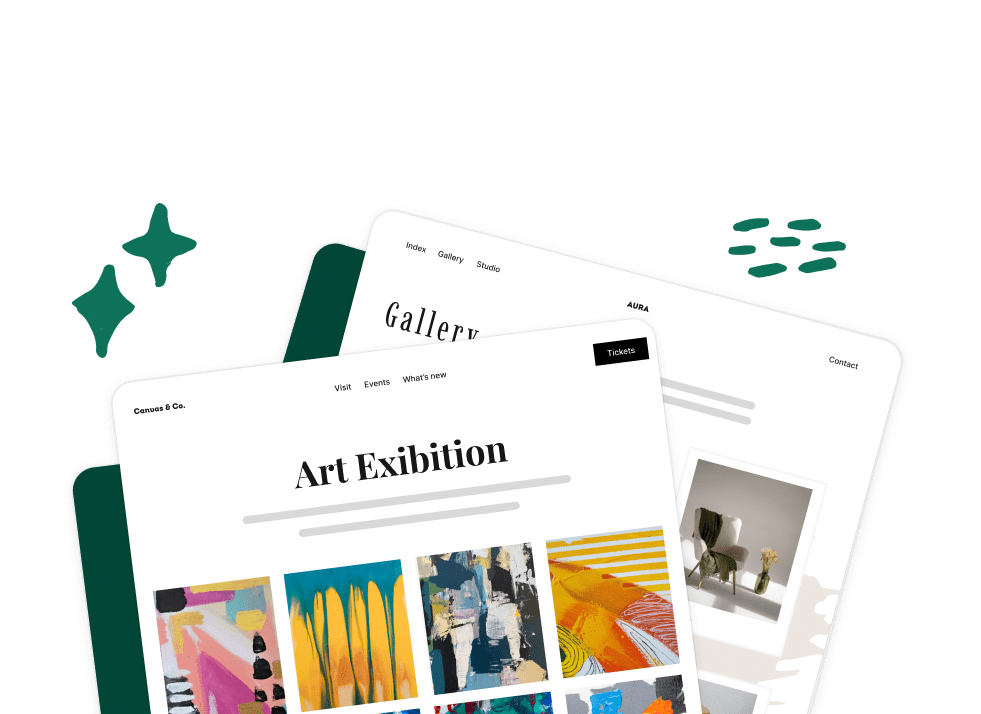Music photography can seem difficult to break in to, but it’s also one of the most exciting realms of photography!
In this article, we’ll review:
- Steps to becoming a concert photographer
- Skills needed to become a concert photographer
- Equipment needed to become a concert photographer
- Salary potential for concert photographers
If you’re ready to learn about the world of music photography, keep reading!
Steps to Becoming a Concert Photographer
People always say that a career in the music industry is difficult to come by. This is true in many ways, but not necessarily as a photographer.
Every musician — be they world-renowned or just starting out — needs a photographer. Because musicians use photographs in nearly all of their marketing material, concert photography is in high demand for many musicians.

So, how can you become a concert photographer? As is the case for many other forms of photography, a career in music photography isn’t necessarily built in the classroom.
A degree in photography isn’t a bad idea, but it’s certainly not a prerequisite, either. Instead, a strong portfolio of work and a social media presence are much more important.
Practice
The way to a career in music photography is through music photography. Concert photography is a craft, and practice is needed to perfect any craft.
If you’re just beginning in the field, start attending as many live music events as you can. And make sure to bring your camera!
The more concerts you shoot, the better your photography will grow over time, and the better you’ll get to know your camera. Which, as we’ll discuss later, is a key requirement of being a concert photographer.

Seek out free and cheap shows in your area to start. These shows will likely include local performers, which gives you a chance to network with other emerging artists. If you can forge relationships with local musicians, you’ll already be ahead of the game.
Digital Presence
While you’re practicing your concert photography skills, make sure you post them to your social media accounts and your online portfolio. Both are essential for getting your name and your work out there.
The internet is where many musicians and management companies find photographers for tours, so use it to put your best foot forward.
It’s a good idea to include examples of graphic design and photography in your portfolio, too. You’ll stand out from the competition if you can show that you can use your photographs in tour advertisements, on billboards, and elsewhere.

Skills Needed to Become a Concert Photographer
Now that you see how attainable a career in concert photography is, you might be wondering if you’re the right person for the job. What skills will help you become a good concert photographer?
A concert photographer must have:
- A flexible and positive attitude
- Complete knowledge of her camera and its capabilities
- Great photo editing skills
If you can master these traits, you’ll have no problem diving head-first into the world of music photography.
Flexibility and Positivity
The primary personality traits any concert photographer should have are flexibility and positivity. Unlike some other types of photography, concert photography cannot be controlled with external lights or bounces.
That is, the conditions of a live music event aren’t likely anything a concert photographer can change.
As a concert photographer, you might be asked to shoot three different performances at an outdoor festival when it’s 102 degrees in the shade. Not only is that environment difficult for your body, it is testing for your camera. You’ll need to be able to adapt and keep your cool in even the most peculiar or trying situations.

That’s also where positivity comes in. The best concert photographers enjoy the music experience. They have fun while they’re shooting, and that enjoyment shines through their work. They can capture the energy from the crowd and the energy from the performers with their lens because they’re immersed in it.
Because music photography allows photographers to be so flexible and have so much fun, it really gives artists a lot of space for creativity. Enjoy yourself, enjoy the environment, and get some great shots!
Comfortability with Your Camera
To be a successful concert photographer, you must understand how to use your camera properly and where your camera’s limitations lie. The key to creating fantastic concert images is knowing how to control your camera’s shutter speed, aperture, and ISO at a moment’s notice.
Shutter speed refers to the amount of time your camera’s shutter is open when taking a picture. The faster the shutter speed, the less time the shutter remains open. In a concert setting, you’ll want to shoot with a fast shutter speed that freezes the motion of people on stage or in the crowd.
Slower apertures will produce images with motion blur. This occurs because the camera’s shutter doesn’t close fast enough to capture just one instant. Instead, it captures a portion of motion. When that happens, your subject gets blurry in the image.

Aperture should also be considered when photographing concerts. Aperture measures the size of the opening in your camera’s shutter when it captures an image.
A wide aperture means that your camera’s sensor sees more light. In dark venues, you’ll want to shoot with a wide aperture. At a sunny outdoor festival, you can close the aperture so that it lets in less light.
Finally, set your ISO before you begin shooting a concert. ISO is a measure of how sensitive your camera is to light. The higher the ISO, the more sensitive your camera becomes. So, in dark environments, you may want to consider raising your ISO.
That being said, this is when knowing your camera’s limits comes in hand. It is possible to raise your ISO to the point that digital noise begins to show in the photograph. You’ll want to avoid digital noise when you can.
Killer Photo Editing Skills
Because concerts aren’t always the most ideal places to take photos, a good music photographer will have a firm grasp on photo editing. Many of your favorite concert photos were made in editing software like Adobe Photoshop and Adobe Lightroom.
Skylum Luminar is a great photo editing application for beginners. You can get it here for a one-time fee!

Equipment Needed to Become a Concert Photographer
Compared to photographers in other disciplines, concert photographers need less equipment than you might think. It all comes down to a good camera and one or a few quality lenses.
Cameras
Because it is so important to know your camera well, the best camera you can use is the one you’re familiar with already. If you already own a digital camera, use it. Make sure to learn its functions inside and out, and be prepared to change your settings quickly.
If you’re in the market for a camera, mirrorless cameras are great for concert photography. They are lighter weight than DSLR cameras, so they’re easier to hold for long periods of time. They also have fewer settings, so they’re easier to navigate on the fly.
Lenses
As you grow as a concert photographer, you’ll find your own favorite lenses. But, to start, a zoom lens will suit you best.
Zoom lenses allow you to have a variety of focal lengths without changing your lens. You may consider starting with a 18-180mm zoom lens so that you have a variety of options for shooting. As you evolve, you may decide to switch to using prime lenses, which have fixed focal lengths.
Salary Potential for Concert Photographers
Thanks to the Internet, there are numerous ways for concert photographers to make money. You can work directly for a musician or band, for a music publication, for a blog, or for yourself!
The most common way that concert photographers make money is by selling prints of their work on their own websites. This is an especially good place to start if concert photography is new to you. Once you build up your social media presence, you can start advertising your work to boost your sales.
In determining how to price your work, consider the effort that went into taking the photographs as well as the cost of having them printed. And, add some extra on top so that you actually make a profit!

As your concert photography improves, and as your relationships with local musicians strengthen, you may be asked to photograph a band on tour. Depending on how long you’re expected to photograph and the particulars of the arrangement, you’ll have to charge accordingly. Photo pass opportunities can be difficult to score, but they’re worth it!
You can also sell your concert photography to stock photo sites and programs like Adobe Stock and Shutterstock. The more people download your photos, the more money you make. While you may not see large returns to start, this is a good method for drawing attention to yourself as a concert photography professional.
Conclusion
Well, do you feel ready to become the concert photographer you’ve always wanted to be?
For more beginner tips on music photography, read our guides on How to Be a Photographer at Concerts and How to Photograph Concerts in Low Light.
You can also read our guides on Photoshop’s Pen Tool and Lightroom LUTs to begin learning some useful photo editing techniques that will help your photography in the future.
Follow us on Facebook and Twitter for more photography tips, photo editing guides, and photo inspiration!




